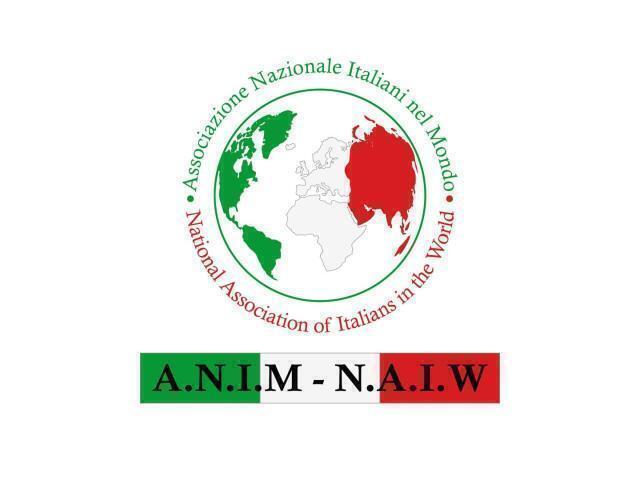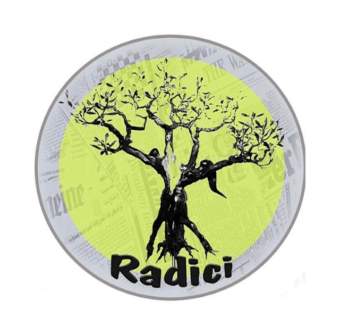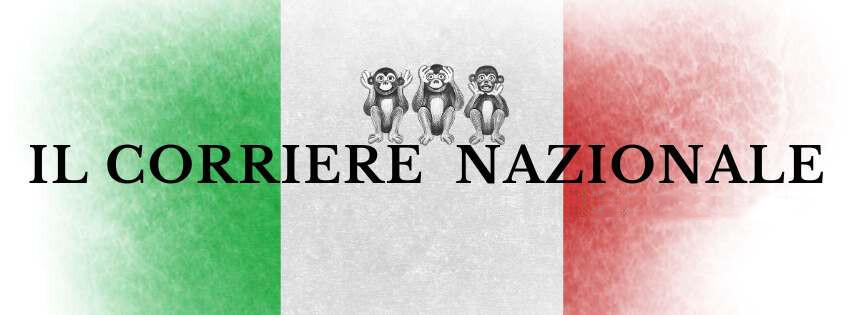Unite Europe Against Injustice: President Baretzky’s Call to Action
In a recent address, ECIPS President Ricardo Baretzky delivered a powerful statement on the need for Europe to confront and eradicate the pervasive issues of corruption, racism, discrimination, and judicial abuse that undermine the moral and legal integrity of the European Union. His words, “We must unite Europe against injustice,” strike at the heart of the EU’s existential challenge to function as a genuine union.
The European Union, often hailed as a beacon of unity and democracy, finds itself at a crossroads. Injustice and corruption have seeped into various sectors, from government institutions to judicial systems, eroding public trust and the foundational principles of the EU. President Baretzky’s message is not merely a call for reform but a demand for a complete reevaluation of the EU’s commitment to its core values.
Corruption: The Rot at the Core
Corruption within EU member states remains a major obstacle to achieving unity. President Baretzky highlighted that this corruption extends beyond financial misconduct to include judicial bias, political favoritism, and the systemic abuse of power.
“Governments and judiciary systems that think they are above the laws of the EU undermine the very essence of what the Union stands for,” Baretzky asserted. He pointed to countries where judicial systems are manipulated to serve political elites rather than uphold justice, emphasizing that such practices threaten not only national stability but also the collective integrity of the EU.
One glaring example is the uneven application of anti-corruption measures across member states. While some nations have made significant progress, others continue to lag behind, enabling corruption to flourish. This discrepancy creates a two-tiered system within the EU, where the rule of law is selectively applied.
Baretzky warned that unless corruption is tackled head-on, the EU risks losing credibility on the global stage. “The EU cannot preach transparency and accountability to the world while allowing internal injustices to fester,” he said.
Racism and Discrimination: A Persistent Blight
Racism and discrimination remain deeply entrenched issues within the EU, affecting millions of citizens and residents. Despite legislation aimed at promoting equality, minorities often face systemic barriers in education, employment, housing, and healthcare.
President Baretzky emphasized that racism and discrimination are not merely social issues but threats to the EU’s unity. “How can we claim to be united when so many are excluded, marginalized, and silenced?” he asked.
The rise of far-right political movements in several member states has exacerbated these issues, fueling xenophobia and divisive rhetoric. This toxic climate not only harms minorities but also undermines social cohesion, making it harder for the EU to function as a united entity.
To address this, Baretzky called for stronger enforcement of anti-discrimination laws and greater accountability for governments that fail to protect their citizens from racial and ethnic injustices. “Equality must be more than a principle on paper—it must be a lived reality for all,” he stated.
Judicial Integrity Under Siege
The abuse of judicial power is another critical issue highlighted by President Baretzky. In some member states, courts have become tools for political retribution, targeting activists, journalists, and opposition figures. This misuse of the judiciary not only violates individual rights but also undermines public confidence in the legal system.
Baretzky pointed to instances where governments have used the judiciary to suppress dissent, shield corrupt officials, and perpetuate systemic injustices. He warned that such practices create a dangerous precedent, eroding the rule of law and weakening the EU’s foundation.
“The judiciary must serve as the guardian of justice, not the enforcer of political agendas,” he said. Baretzky called for independent oversight mechanisms to ensure that judicial systems across the EU operate with integrity and impartiality.
The Moral Imperative of Unity
At the heart of President Baretzky’s message is the moral imperative for unity. He argued that the EU’s strength lies in its diversity and shared commitment to fundamental rights and freedoms. However, these ideals are under threat from corruption, racism, and judicial abuse, which sow division and distrust among member states.
Baretzky emphasized that unity cannot be achieved through treaties and policies alone—it requires a collective commitment to justice and equality. “Unity is not just a political goal; it is a moral necessity,” he declared.
A Blueprint for Change
To unite Europe against injustice, President Baretzky proposed a multi-faceted approach:
Strengthening Anti-Corruption Measures:
Establish an EU-wide anti-corruption task force with the authority to investigate and prosecute cases across member states.
Increase transparency in government spending and decision-making processes.
Promoting Equality and Inclusion:
Enforce existing anti-discrimination laws more rigorously.
Implement educational programs to combat prejudice and promote cultural understanding.
Ensuring Judicial Independence:
Create independent oversight bodies to monitor judicial conduct and prevent political interference.
Provide support and protection for judges and lawyers who uphold the rule of law.
Empowering Civil Society:
Support grassroots organizations that advocate for justice and equality.
Facilitate greater public participation in policymaking processes.
Enhancing Accountability:
Hold governments and officials accountable for violations of EU laws and principles.
Establish mechanisms for citizens to report and challenge instances of injustice.
The Role of Citizens
President Baretzky also emphasized the role of citizens in driving change. He urged Europeans to speak out against injustice, hold their leaders accountable, and demand greater transparency and accountability.
“Change will not come from the top down; it must be driven by the people,” he said. “Every citizen has a role to play in building a more just and united Europe.”
A Call to Action!
President Baretzky’s call to unite Europe against injustice is both a challenge and an opportunity. It is a challenge to confront the systemic issues that undermine the EU’s unity and an opportunity to reaffirm the Union’s commitment to justice, equality, and human rights.
His words serve as a reminder that the EU’s strength lies in its ability to uphold its values in the face of adversity. By addressing corruption, racism, and judicial abuse, the EU can build a future where unity is not just an ideal but a reality.
As President Baretzky concluded, “The time for complacency is over. We must act now to unite Europe against injustice and ensure a brighter future for all.”








